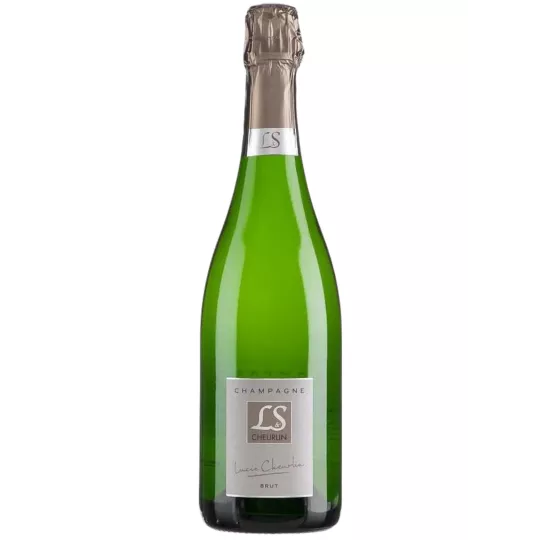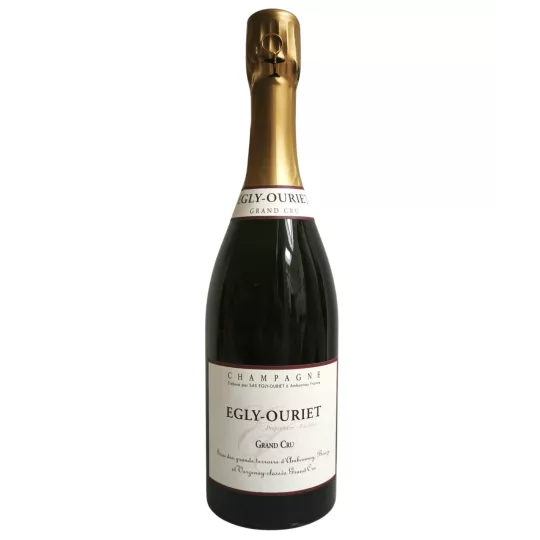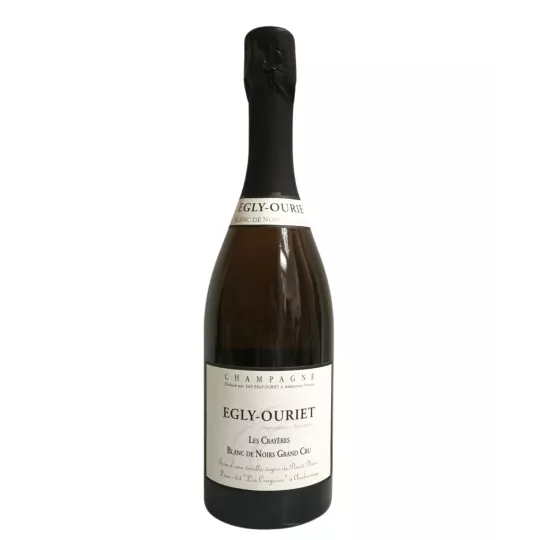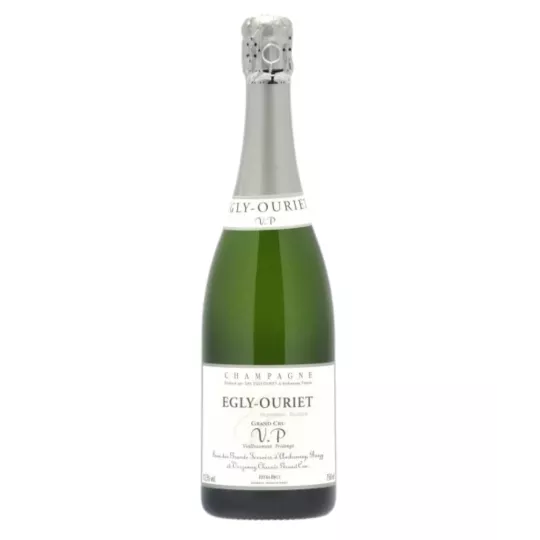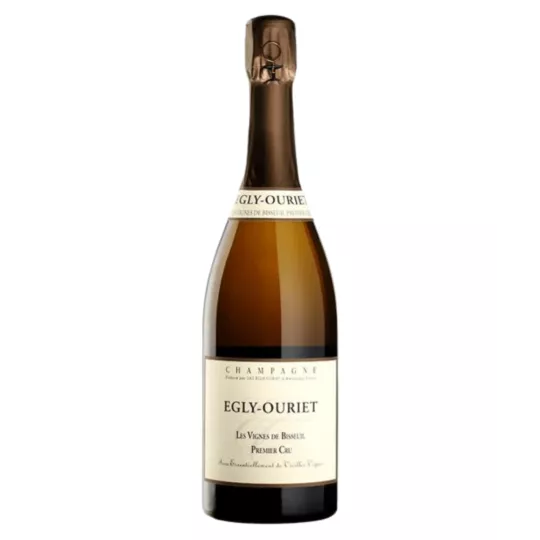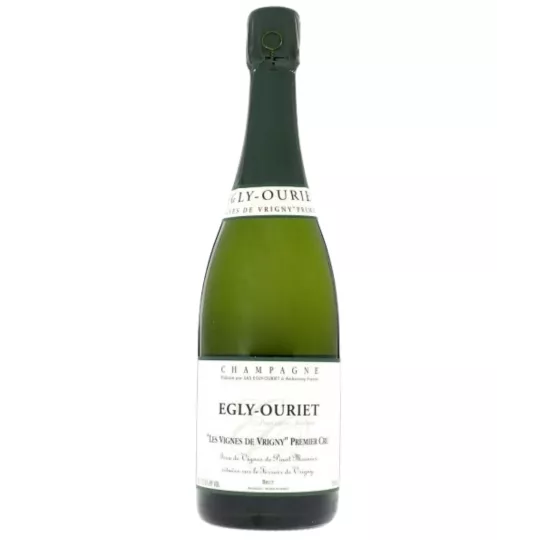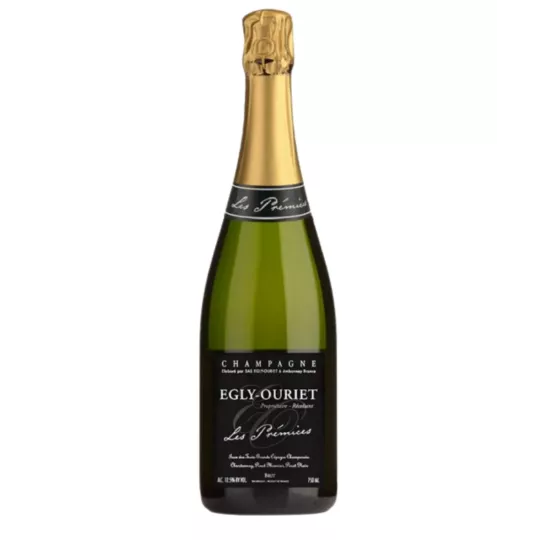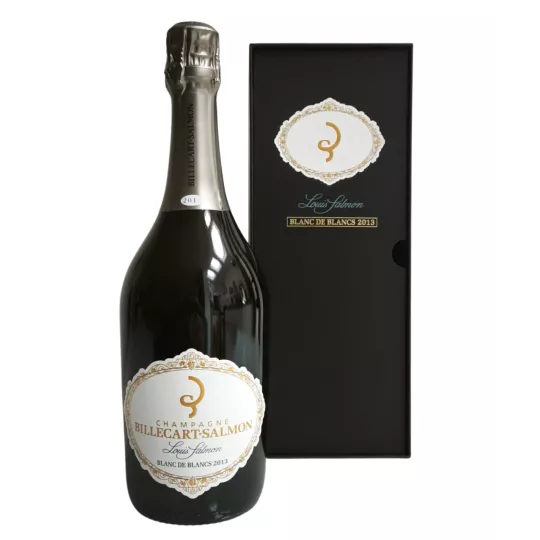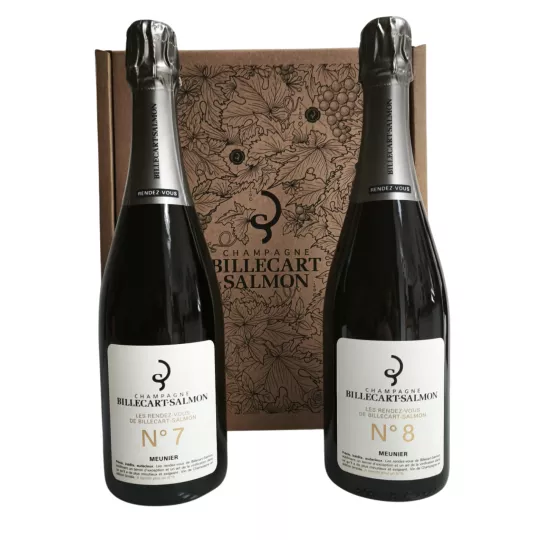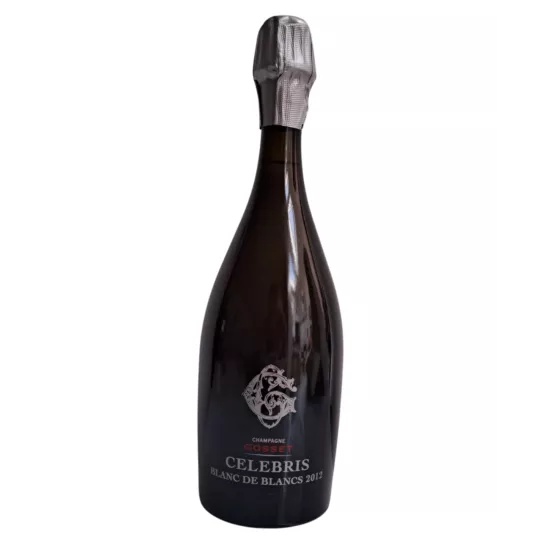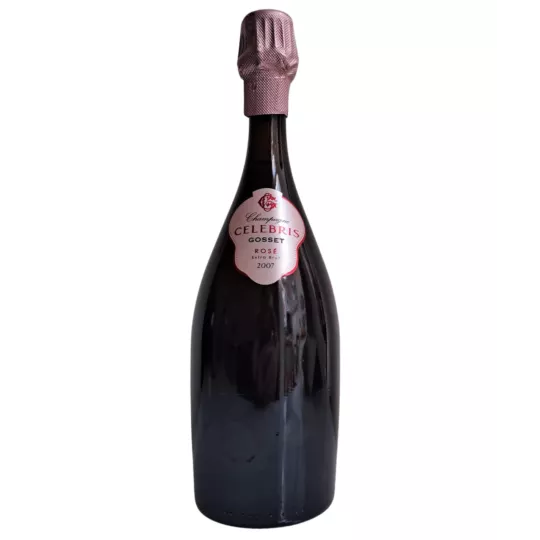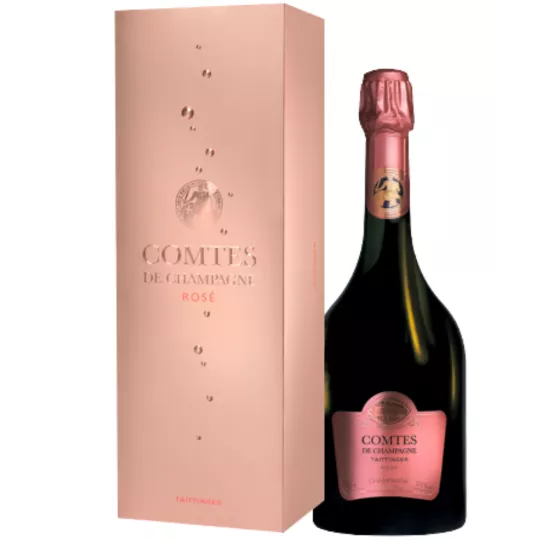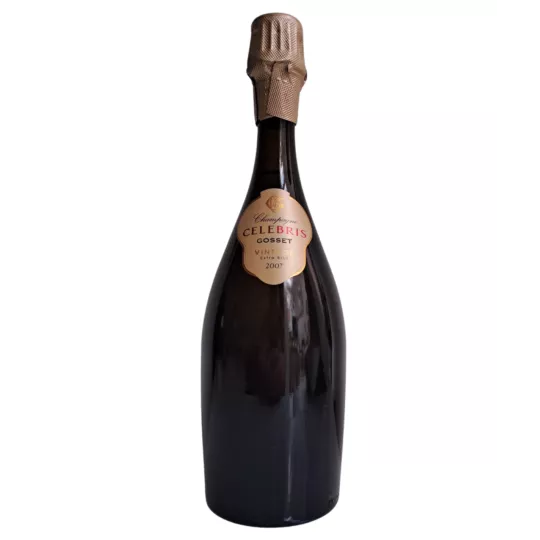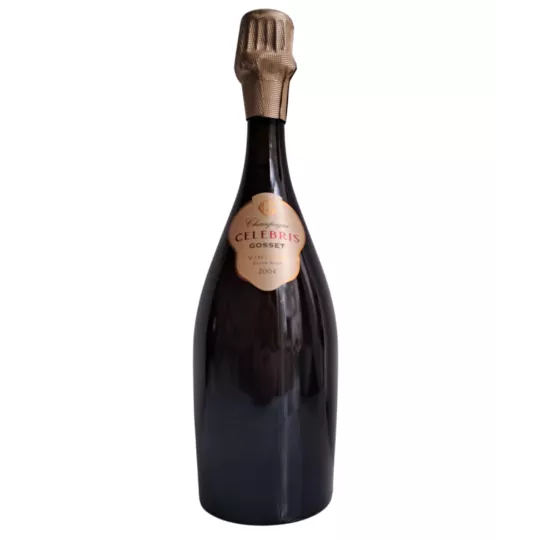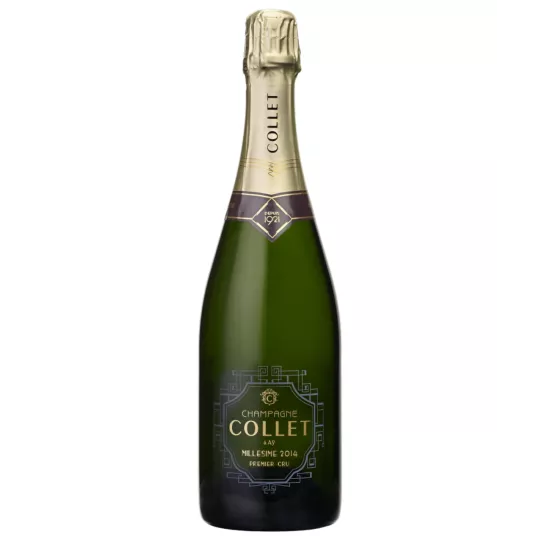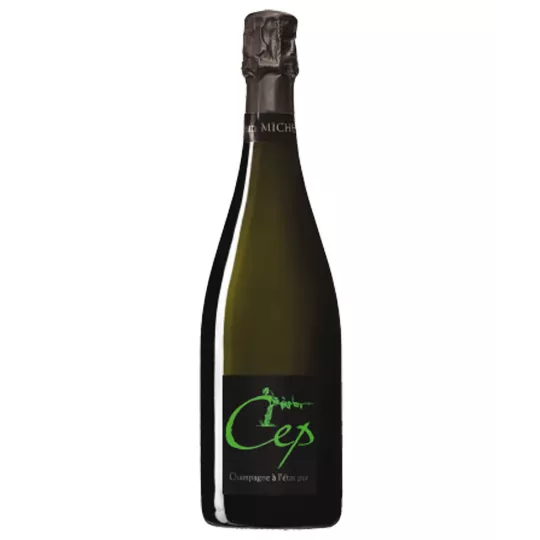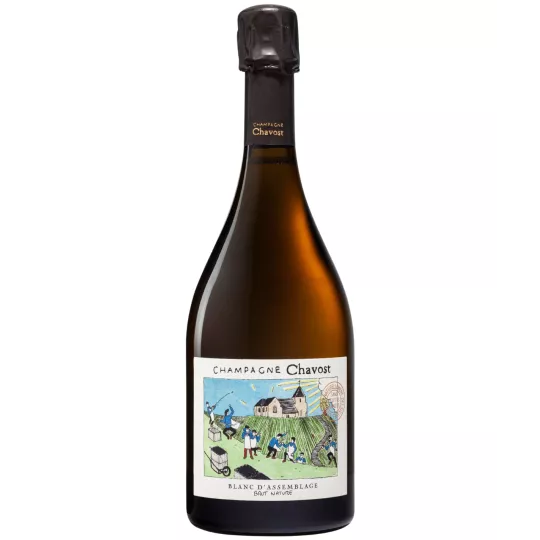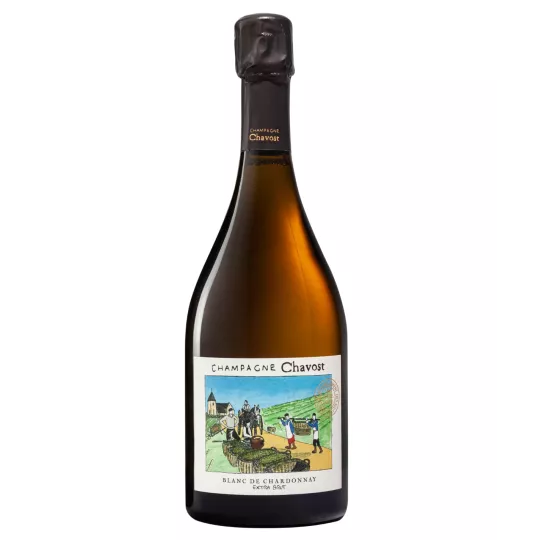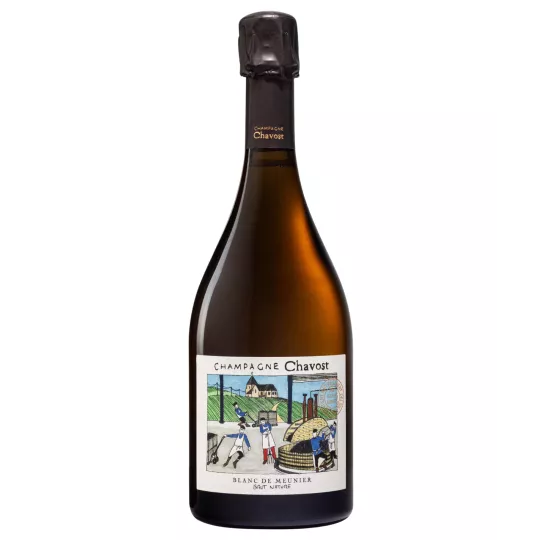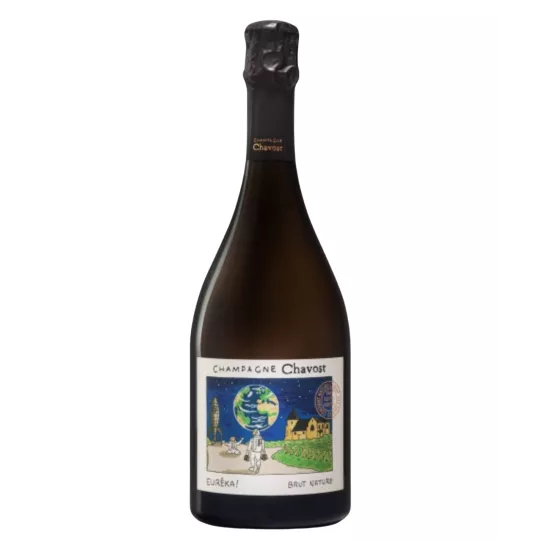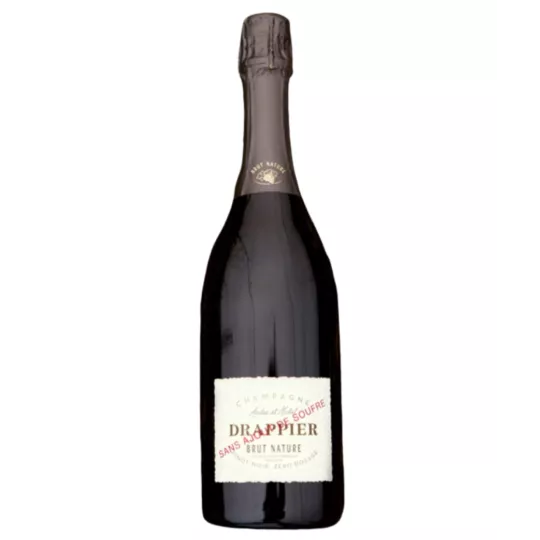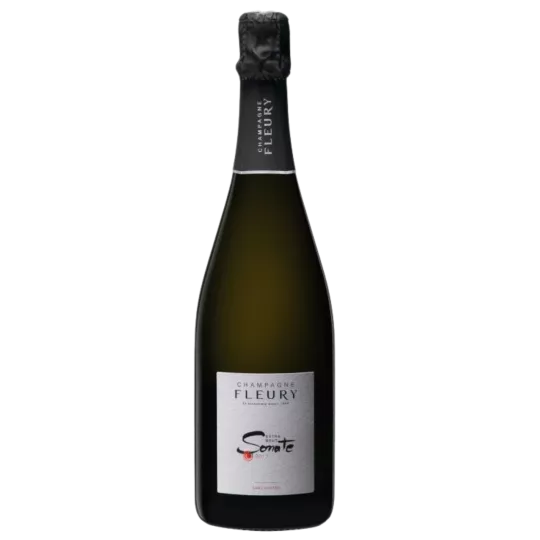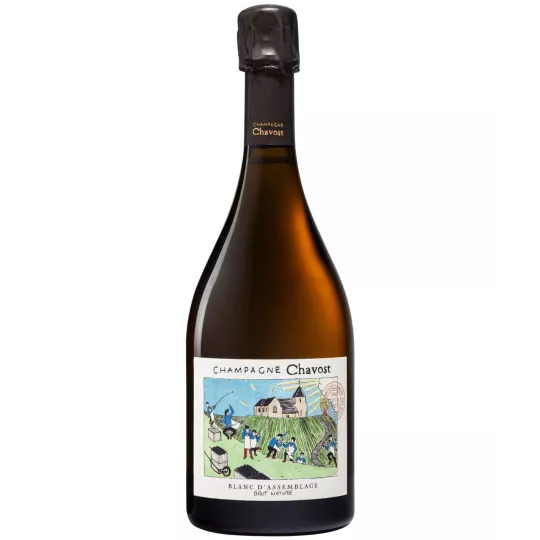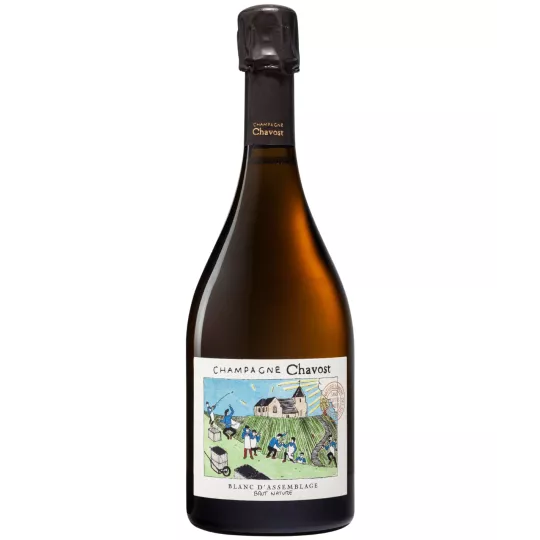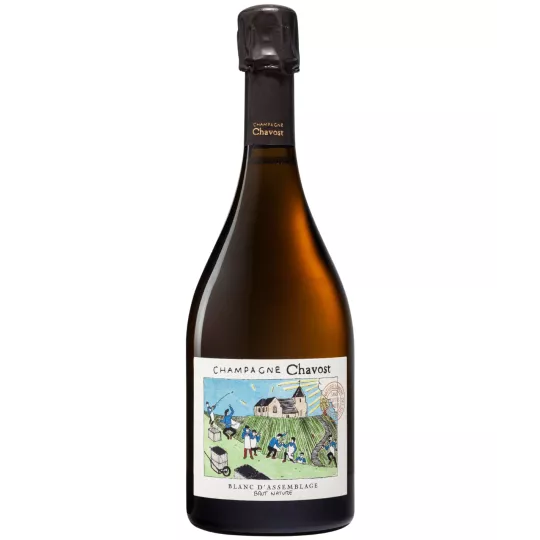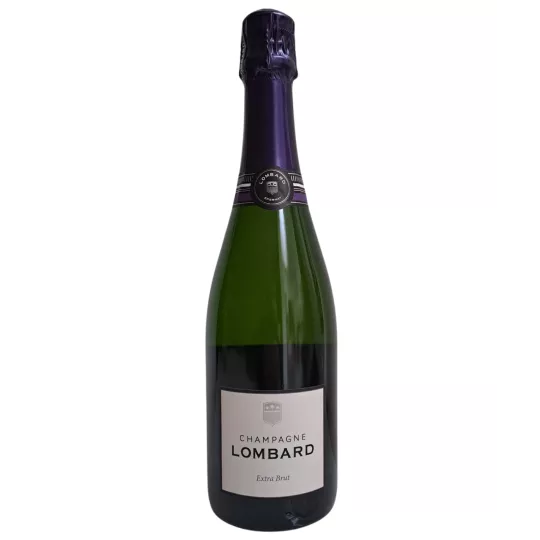
Without added sulfur
Buy champagne Without added sulfur
Champagne Without Added Sulfur: Why opt for a wine without added sulphur, The secrets of an environmentally friendly production.
The world of champagne is an exquisite universe, synonymous with unforgettable moments. However, there is a growing trend towards more natural and healthy wines without added sulphites. This page guides you through the category of "No Added Sulfur Champagnes," where you'll discover what it means, how it impacts your drinking experience, and the nuances of label statements. You are about to explore a world of purity, authenticity, and incomparable flavors.
Sulphites in Champagne
To understand the importance of no-added-sulfur champagnes, it is essential to know the role of sulfites in wine. Sulfites, often at the heart of debates related to headaches, are naturally present in all wines. They serve as stabilizers and antioxidants, playing an essential role in the preservation of wine. However, some consumers are sensitive to sulphites and may experience discomfort, hence the growing interest in champagnes without added sulphites.
Champagne Without Added Sulphur: Wonder in a Bottle
The mention “no added sulphite” is the guarantee that you are enjoying a champagne free from any risk of headaches. These champagnes are designed to amaze you during your most precious moments. But what does this mention really mean, and how is it possible when sulphites are naturally present in grapes?
The “Contains Sulfites” and “Sulfite-Free” Notices
European regulations from 2005 require all bottles of champagne to bear the words "contains sulphites" if the sulfur content exceeds 10 mg/l. Even a champagne without added sulphite can display this label, which can lead to confusion. How is it possible that a champagne without sulphites can still contain sulfur? This section will provide you with the answers to these questions and shed light on the subtleties of champagne labels.
Origins of Sulfur in “Sulphite-Free” Champagne
The sulfur present in champagnes labeled “sulphite-free” comes from the grapes themselves. Sulfur is a natural mineral found in soils, and its combustion produces sulfur dioxide. This gas dissolves easily in water and, when it comes into contact with water, it turns into sulfite. Thus, even without adding sulfur during winemaking, the grapes can contain a natural quantity of sulfur, which varies depending on the terroir. Even after processing, sulphites remain present.
Selection of Champagne Without Added Sulfites
To help you choose the champagne that matches your preferences, this section presents a selection of the best champagnes without added sulphites. Discover varied options that guarantee an authentic and natural tasting experience. We have scoured the market to offer you a range of choices that will delight the most demanding champagne lovers.
The Art of Sulfur-Free Winemaking
Champagnes without added sulfur are often produced by estates practicing biology or biodynamics, although this certification does not prohibit sulfur, but limits it. Sulfur-free vinification requires particular precision and attention to detail to obtain a “natural” champagne without deviations, particularly oxidative ones. The term “sulfite-free” is actually a mistake, and it should be “no added sulfite,” because all wines contain sulfites. Here you will discover how these wines are made, with an emphasis on the precision required throughout the production process.
Information on Labels
Champagne bottle labels feature a variety of sulphite-related statements. You'll see statements like "contains sulfites, naturally," "contains sulfites, no added sulfites," "contains sulfites, no added sulfites," "no added sulfites," "no added sulfur," and "does not contain added sulphites." Understanding the meaning of these terms will help you make informed choices when purchasing champagne.
The Know-How of Natural Champagnes
The production of sulfite-free wines, often described as “natural,” requires more advanced know-how, particularly during the harvest. Grape sorting must be even more careful, and special measures must be taken to protect the wines against oxidation. The use of cold is favored to slow down the evolution of the wines. The more wines age on slats, the more stable, mature they become, and less dependent on sulphites. By freeing ourselves from sulfiting, new qualitative perspectives open up for wines, creating unique flavors.
FAQ - No Added Sulfur Champagnes
This section brings together frequently asked questions on the subject of champagnes without added sulfur. There you will find detailed and informative answers to clarify everything you want to know about these particular champagnes. If you still have questions after exploring this page, consult our FAQ to obtain all the necessary information.
By browsing this category of “Champagnes Without Added Sulfur,” you will discover the essence of purity and authenticity in the world of champagne. You will be able to make informed choices during your next tastings and enjoy unforgettable moments savoring these exceptional wines. Please do not hesitate to contact us if you have additional questions or would like personalized recommendations. Champagne without added sulfur is a unique experience, and we are excited to share this journey with you.
Q: What does “no added sulfur” mean on a bottle of champagne?
A: The term “no added sulfur” means that the champagne was made without the intentional addition of sulfur during the entire manufacturing process. However, it is essential to note that small amounts of sulfur may be naturally present in grapes, even in these champagnes.
Q: What does sulfur bring to champagne?
A: Sulfur, in the form of sulfites, acts as a stabilizer and antioxidant in wine. It helps preserve the freshness and quality of champagne throughout its production and aging process.
Q: Do “no sulphite added” champagnes contain zero sulphite?
A: No, this is because sulfites may be naturally present in grapes, and even without intentional addition of sulfur, low levels of sulfites may persist.
Q: What are the regulations regarding sulphites in champagne?
A: European regulations from 2005 require all bottles of champagne to bear the words "contains sulphites" if the sulfur content exceeds 10 mg/l. Even champagnes without added sulfur can display this label.
Q: How can I choose a no-sulfur-added champagne that's right for me?
A: Choosing a champagne without added sulfur depends on your personal preference. Explore different brands and producers to find the flavor profile that best suits your tastes. Our selection of champagnes without added sulfur can help you in your choice.
Q: Are champagnes without added sulfur organic or biodynamic?
A: Many champagnes without added sulfur are produced by estates engaged in organic or biodynamic agriculture. Although these certifications do not ban sulfur, they limit its use. However, there are also champagnes without added sulfur which are not necessarily organic or biodynamic.
Q: What are the advantages of choosing a champagne without added sulfur?
A: Champagnes without added sulfur are appreciated for their authentic and natural character. They allow the flavors of the terroir and the grapes to fully express themselves, offering a unique tasting experience rich in nuances.
Q: What is the shelf life of champagnes without added sulfur?
A: The shelf life of no-added-sulfur champagnes can vary depending on several factors, including producer, vintage, and storage conditions. As a general rule, these champagnes can age on slats and evolve favorably, becoming more stable and less dependent on sulphites.
Q: How can I identify the words on the labels of champagne bottles?
A: The labels of champagne bottles may contain different statements related to sulphites. These statements include "contains sulphites, naturally," "contains sulphites, no added sulphites," "contains sulphites, no added sulphites," "no added sulphites," "no added sulphites," and "contains no added sulphites." ." You can refer to our guide to understand their meaning.
If you have any further questions or need further advice on no added sulfur champagnes, please do not hesitate to contact us. We are here to help you explore this fascinating world of natural and authentic champagne tasting.
